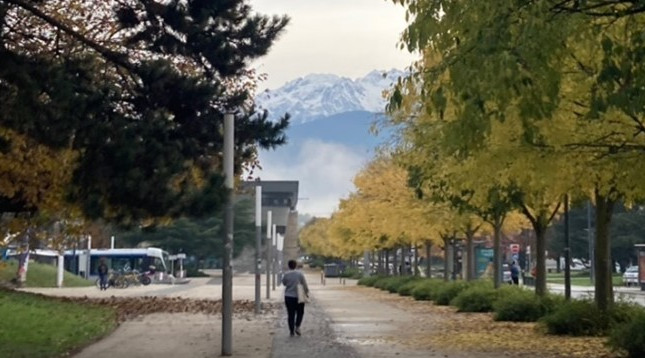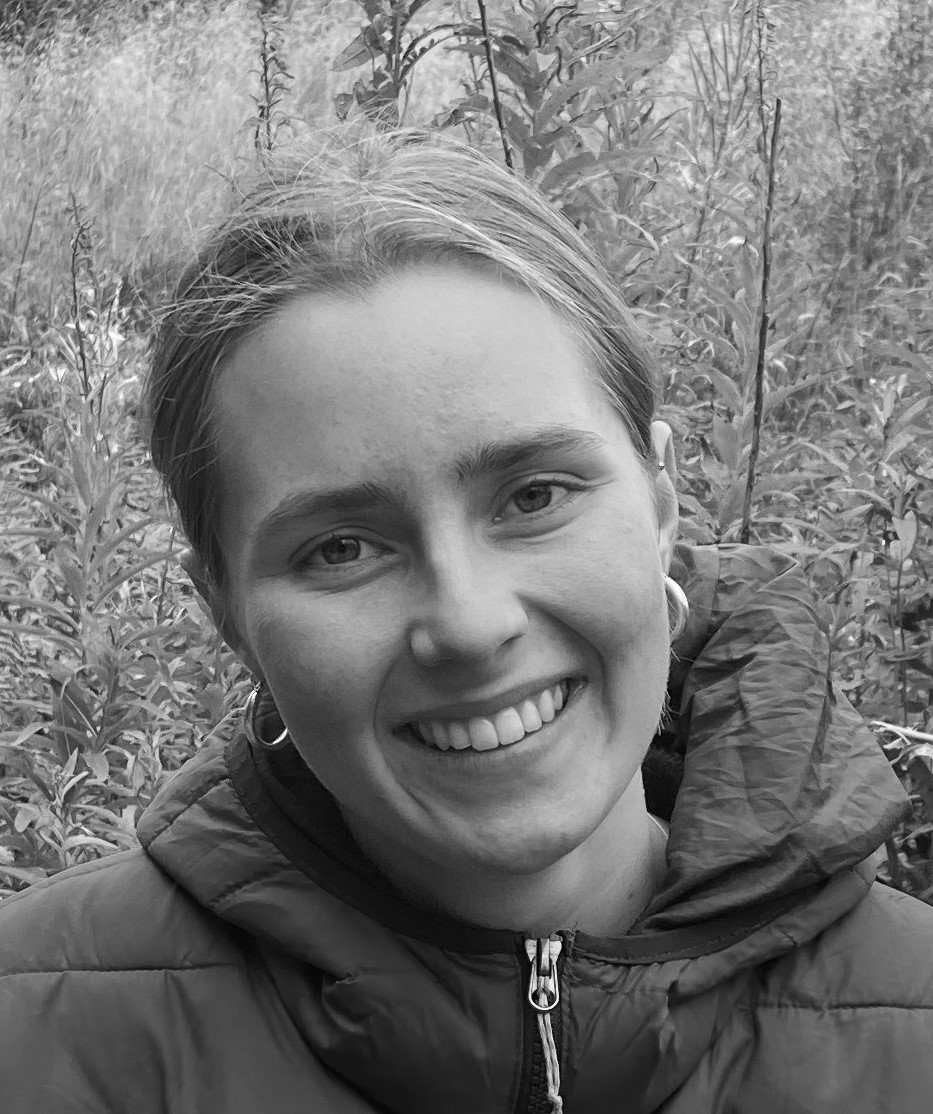
In this post, recently graduated Geography students, Harriet Eaton and Megan Jones, and academic staff member Nina Morris, share insights from their Student Partnership Agreement (SPA) funded project exploring Geography students’ perceptions and experiences of studying abroad. This post is part of the Student Partnership Agreement 2024 series.
Study abroad can be a transformative experience, offering students opportunities for academic growth, cultural understanding, and personal development. While many students treasure the memories of new places, friendships, food, and adventures, the experience is not without its challenges. From navigating administrative hurdles (e.g., visa applications, denied course requests) to coping with loneliness, homesickness and cultural (re)adjustment, the transition to and from study abroad can be demanding.
In her role as Geography International Exchange Coordinator, Nina recognised that the Degree Programme could be doing more to support students in relation to study abroad so they might fully benefit from and better enjoy the experience. Aware that Harriet and Megan had been discussing similar topics, we decided to apply for SPA funding. Our goals were to understand study abroad motivations and barriers, explore the student experience, and develop recommendations for the 2024-25 academic year. We aimed to improve students’ study abroad experience and expand student participation.
The primary motivations for students to study abroad were cultural immersion, personal growth, and career enhancement. While financial constraints posed the biggest challenge, other concerns included social isolation, and academic worries. Despite these hurdles, the overwhelming majority of students reported a positive experience of being abroad. They valued the opportunity for personal development, travel, and new experiences. As one student noted:
‘The travel has been the best part of it. I have kind of treated it like a semi-gap year’.
Beyond academics, studying abroad allowed students to explore new interests and live within cultural and geographical contexts they had learned about during their degree programme.

Three recurring themes emerged specific to the study abroad experience: financial concerns, mental wellbeing, and university support.
Financial concerns
Finances were a major concern for many students whilst abroad. One student in Canada shared, ‘I found it a lot more expensive. I found it really hard to budget this year’. While some students received Erasmus+ funding (before its withdrawal), the lack of accessible funding prior to the exchange meant most felt they were left to navigate alone the financial strains of moving to a new city. A student in Australia echoed these sentiments, saying:
‘I definitely have needed my student loan and for the travel […] I am spending my savings. It’s not been a cheap year’.
Mental wellbeing
Many students abroad struggled with loneliness, which compounded financial and administrative concerns and negatively affected their mental health. The UoE students often found themselves in a unique position compared to their international peers. Many international students opt for shorter, one-semester exchanges, whilst our students remain for one year, creating a sense of isolation. One student described this as constructing a ‘liminal space’, where initial friendships formed with other international students were short-lived due to their departure at the end of one semester. Many students struggled to integrate into local communities, often finding themselves primarily within exchange student circles. This disconnection from local life led to feelings of ‘failing’ the experience and highlighted the gap between pre-departure expectations and the reality of studying abroad. A student in Singapore described local students as being reluctant to include exchange students in group projects, assuming they would not contribute as much effort. This made it difficult to make friends:
‘I made two Singapore friends in the whole time I was there, and that was purely because I signed up to a Make a Singaporean Friend event’.
Another student in Spain shared similar experiences of being treated as an outsider by local classmates:
‘I tried at first to speak to the Spanish people in my class and […] they were really not interested or they would look at me like I was just a freak’.
University support and re-entry to Year 4
For both current and returning students, re-entry to Year 4 was a significant source of anxiety. Concerns centred around reconnecting with friends, the sole reliance of final grade on Year 4 performance, and the challenges of finding accommodation in Edinburgh. As one student expressed:
‘I’m nervous about Edinburgh being something that I’m going to have to start again from scratch, even though I could probably be able to settle in. It’s quite daunting at the same time, moving into a new flat and trying to go back into my classes’.
Year 4 students also felt at a disadvantage compared to peers who had not studied abroad. The dissertation and theoretical thinking, in particular, were areas where they perceived a gap. Academic content, structure and teaching quality of their host institution sometimes did not align with the University of Edinburgh’s curriculum, leading to anxiety upon return and throughout the final year.
While there is room for improvement in the way we support students during their study abroad, our research participants still said that the benefits far outweigh any potential drawbacks. The experiences gained and personal growth achieved are invaluable. As one student aptly put it:
‘I feel like I did miss something academically, but I think the experiences I had there were, I would never have them again sort of thing, and I met some amazing people and lived in a really cool city as well. So, it’s something that I would tell everyone to do’.

Improving support
To ensure a smooth transition and provide better support throughout our students’ study abroad experiences, we have implemented several initiatives. These include:
- Online resources/meetings for dissertation preparation.
- Social gatherings to welcome students back and facilitate knowledge sharing.
- A dedicated Teams page for communication.
- Encouraged students to serve as Study Abroad Ambassadors.
- Organised pre-departure meetings to connect students with their peers, students currently abroad, and returned students.
To date, we have presented our findings at degree programme level through conversations and meetings with colleagues and at university level through a SWAY information session.
 Harriet Eaton
Harriet Eaton
Harriet Eaton is a former MA Geography student at the University of Edinburgh. She is now studying a master’s in International Humanitarian Action at the University of Groningen. Her research interests are centred around refugee studies and the decolonisation of humanitarian aid.
 Megan Jones
Megan Jones
Megan Jones recently graduated with an MA in Geography from the University of Edinburgh, where her research focused on urban areas, encounters and community-making. Currently working in Edinburgh, she is an avid gardener who is passionate about the therapeutic potential of urban green spaces and their role in fostering inclusive communities.
 Nina Morris
Nina Morris
Nina Morris is a Senior Lecturer in Human Geography and Geography International Exchange Coordinator in the School of GeoSciences at the University of Edinburgh. She is a Senior Fellow of the Higher Education Academy and is a Mentor and Assessor for the Edinburgh Teaching Award. Her research interests fall into three categories: (i) human-nature relationships, (ii) sensory perception, and, (iii) pedagogy.


